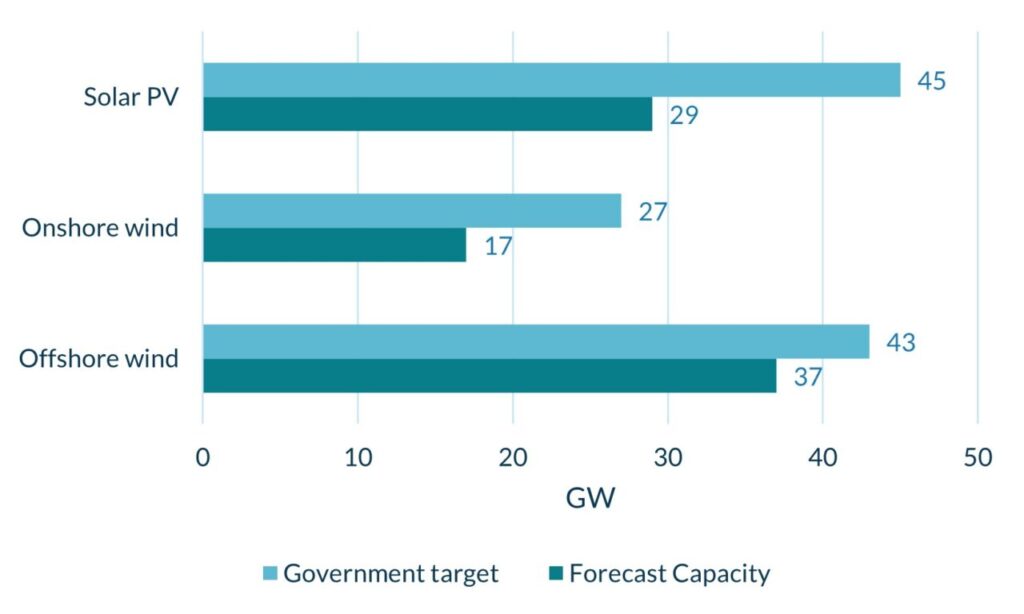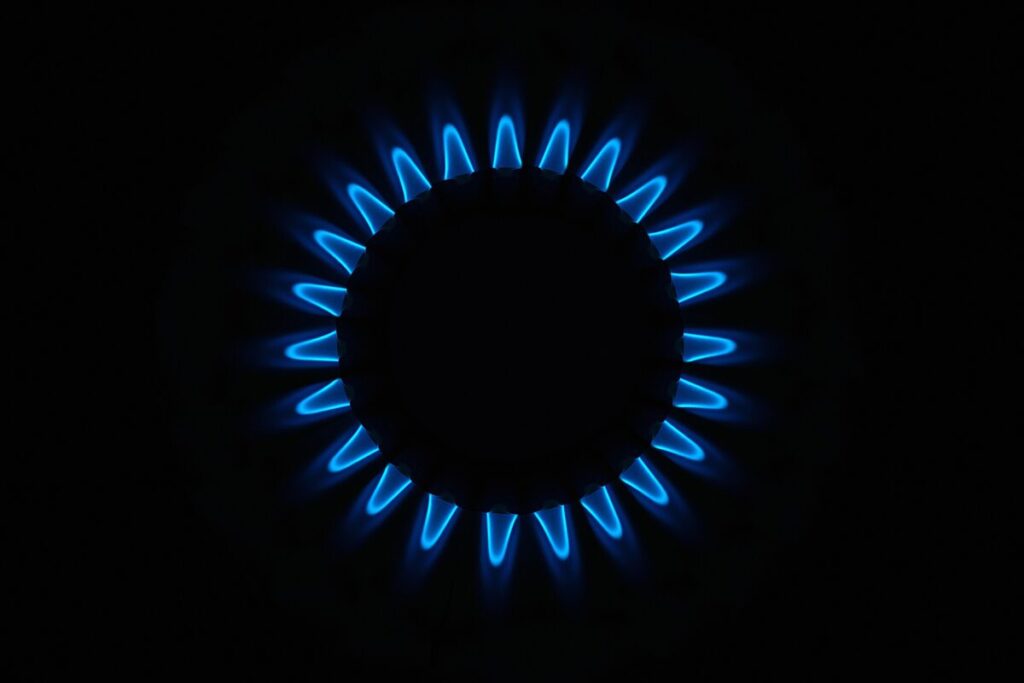Cornwall Insight has forecast that July’s default tariff cap will drop to be less than the price cap for both the current period and April.
The July cap is forecast to fall to £1,712 a year for most customers, representing a 7% drop on the April price cap that is due to come into effect this week, set at £1,849.
The price cap – which sets a maximum rate per unit and standing charge that can be billed to customers for their energy use – will rise by £111 per year for an average household, or around £9.25 a month, between April and June.
Cornwall Insight predicts that July will see some relief from higher energy bills, although the cap still sits well above historic averages. Looking further ahead, the analyst forecasts October’s prices will rise slightly again, before another fall in January 2026.
Some stability in the energy market was brought about by a ceasefire between Russia and Ukraine during February, with the EU’s announcement it would allow some flexibility in how its member states could restock their storage levels ahead of next winter, causing a dip in the market.
Warmer weather and lower gas demand from Asia have sent it falling, according to Cornwall Insight, which said it expects geopolitical, market and macroeconomic factors to remain a source of price volatility over the coming months.

Principal consultant at Cornwall Insight, Dr Craig Lowrey, said the forecast drop will bring some relief to households and the government but that “we mustn’t get ahead of ourselves”.
He added: “Looking at our forecasts in a historic context, it is clear that changes to the price cap are only delivering relatively small adjustments compared to the overall cost households face. Furthermore, our longer-term forecasts show little prospect of returning to pre-crisis price levels.”
Lowrey also referenced the ongoing review of electricity market arrangements (REMA) as a source of some uncertainty, suggesting that in addressing energy pricing some thought should be given to “whether the cap has outlived its purpose”.
Government support with energy bills
When the April price cap rise was confirmed by energy regulator Ofgem, the UK government announced it would take “extra” energy bill support measures.
It opened consultation on expanding the warm homes discount, which gives eligible households £150 off their energy bills, to make an addition 2.7 million households eligible.
As Lowrey suggested, how the government decides on REMA will also have a major impact on household energy bills. A report released by Octopus Energy to coincide with the price cap announcement suggests that zonal pricing, one of the options up for debate, could save customers between £55-£74 billion by 2050 on electricity bills.






